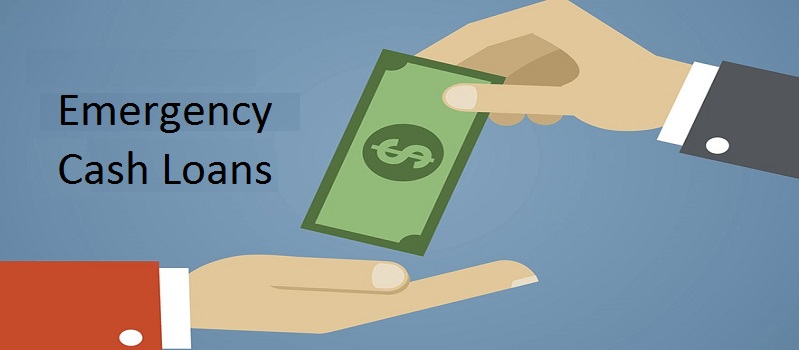Emergency loans seem to be the best credit when you are strapped for cash and come across some sort of unforeseen expense. They do not have a separate identity like mortgages and auto loans. It is an umbrella term.
All small loans are aimed at funding unforeseen expenses and are therefore known as emergency cash loans. It is easy to get approval for these loans. Despite a poor credit score, you can get money without bearing any formalities. However, you should still need to be cautious at the time of taking out emergency cash loans.
These small loans can be expensive because of higher interest rates. A lump sum payment can also make it difficult for you to get by and just then you start drowning into debt. Here are the dos and don’ts when looking for emergency cash.
1. Do read the fine print
Emergency loans are known for quick disbursal. You get money credited to your account the same day you put in the loan application, but this quick process can sometimes be problematic for you. As soon as you receive the agreement, you just sign it in a rush to get money.
You should read the fine print to ensure that you will not get ugly surprises later on. No lender is bound to give you all details about the loan. It is your responsibility to carefully check whether the loan you are applying for suits your financial condition.
You will more likely get to know the exact APR, early repayment fees, default fees, monthly fees, and hidden fees. If you have any doubts, you are absolutely free to ask your lender before you sign the agreement.
2. Do compare interest rates and consider alternatives
Interest rates of emergency cash loans vary by lender. While some charge upfront fees, others do not. Your first find deal cannot be as affordable as you think. Even if you think you will manage to settle the debts, you should always try to compare interest rates.
You never know. The other lender might offer you the same loan at a more affordable interest rate. Do extensive research to pick a lender that has more favourable deals.
Do not forget to consider other alternatives. Emergency loans come in all shapes and sizes, so try to consider other alternatives as well. For instance, installment loans for bad credit can be more affordable as you are to pay down the debt over a period of months.
Timely payments will also help up your credit score. The comparison does not need to be based on interest rates and APRs but based on all aspects.
3. Do think
Loans are not fun. They have been designed to help you tide over during financial emergencies. However, there are times when you do not need to take out a new loan as you can manage without it.
Experts say you should think if this is the right time and need for borrowing money. Will you be able to repay the debt on time? Do not make a decision promptly. You should always try your best not to borrow for anything you can put off.
Identify if it is your need or simply a desire. For instance, taking out a loan to repair a work laptop can be your need, while repairing a tumble dryer can be your desire. You do not have an alternative if your work laptop is not up and running, while you can dry your clothes on a clothing line if the tumble dryer is dead.
4. Do not lie about your financial situation
You will be required to provide your lender with financial details in the form. Although you will submit your bank statement for the previous three months, a lender takes the details you provide in the application form seriously. Make sure that you do not lie about your financial condition. If you owe money, make sure that you disclose the details about all of your loans.
If your family members are dependent on you, you should straightaway mention it. Sometimes borrowers hide such details, and unfortunately, not all of them can be detected through your bank statement.
A lender might think that you can easily manage the payments. However, on the contrary, you cannot, and that is all because of the lies you have made. Even one wrong information can wind you up in an endless debt spiral. It is always advisable that you reveal true information about your financial details while filling out the application form.
5. Do not borrow too much money
Experts suggest that you should never take on debt more than you need, even if you can afford it. For instance, if you need £500, make sure you do not borrow more than that even if your budget can bear £700.
Further, it is advisable that you evaluate your overall repaying capacity, meaning you should see if your budget can tolerate the payment of the principal along with interest.
If you find that your budget will blow up, you should lower your borrowing sum. There are some responsible lenders like LoansForever who will carefully assess your repaying capacity. With the help of an online loans calculator, you will get to know how much you can actually afford.
The bottom line
You can easily take out emergency cash whenever you are in need. However, you should be sensible about borrowing so you do not face any complications later on. At the time of applying for a loan, you should always provide the relevant and correct information so you do not end up borrowing more than your affordability.
See how much you can repay and accordingly decide your borrowing limit. Try to adjust your budget. Ask yourself if it is too urgent to borrow money. Do not borrow if you can put off the plan. Above all, you must read the fine print.
Do you still need a loan? Take out emergency loans at the most competitive interest rates today.









